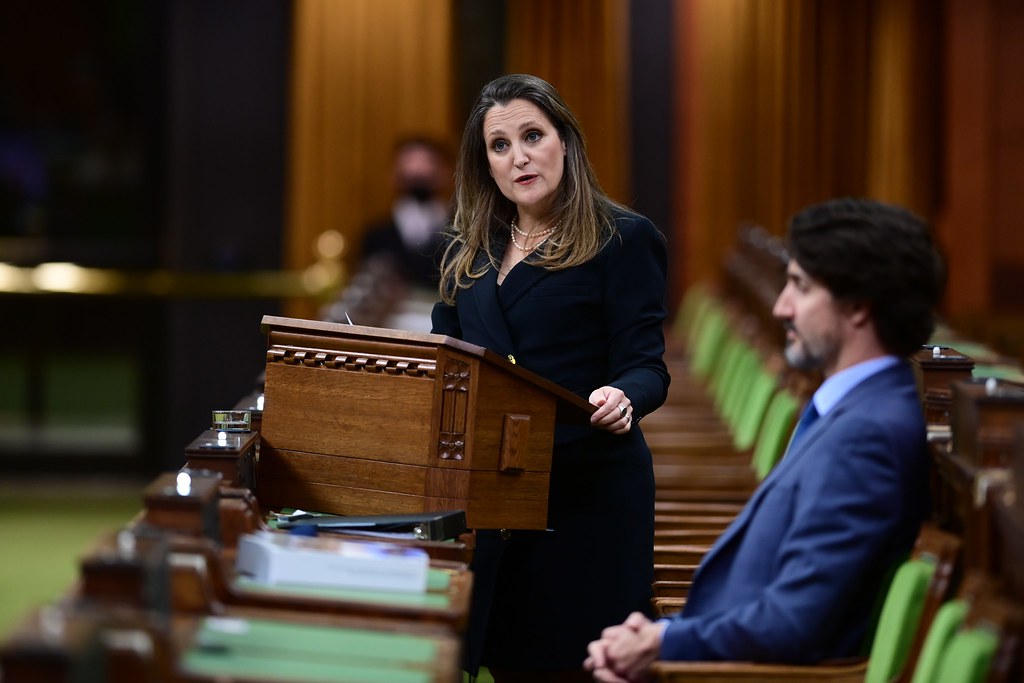Carbon Pricing: From Climate Strategy to Political Liability in Canada
OTTAWA – Once envisioned as a cornerstone of Canada’s efforts to combat climate change, carbon pricing is now a contentious political issue, with Prime Minister Justin Trudeau’s administration facing increasing pressure. Initially intended to drive Canada’s greenhouse gas emissions targets and cement Trudeau’s legacy, the carbon tax has instead become a focal point of opposition from Conservative Leader Pierre Poilievre.
Poilievre’s campaign to “axe the tax” has struck a chord with many Canadians grappling with an affordability crisis. He argues that the carbon tax drives up the cost of food and fuel, a message that has resonated despite the government’s claims of consumer rebates designed to offset these costs.
The Trudeau government has struggled to counter the Conservative attacks, despite widespread support for carbon pricing among economists. Research indicates that the Liberals may face an uphill battle, with experts urging policymakers to explore alternative methods to reduce emissions due to the urgency of the climate crisis.
Matto Mildenberger, an assistant professor of political science at the University of California Santa Barbara, highlights the political challenges of carbon pricing. “It’s very hard to find places with high, economy-wide carbon prices that have not generated significant political backlash,” Mildenberger said. He adds that the upfront costs paid by consumers are highly visible, while the benefits are more long-term.
The federal Canada Carbon Rebate program aims to alleviate the financial burden of the carbon tax, with the parliamentary budget officer noting that eight out of 10 families receive more in rebates than they pay in carbon taxes. However, Mildenberger’s research suggests that these rebates are not as effective in garnering public support as anticipated.
A study examining public support for carbon pricing in Canada and Switzerland found that many people are unaware of the rebates they receive and often underestimate their value. Another study focusing on the U.S. and Switzerland concluded that rebates had little impact on public support for carbon taxes.
With the political landscape becoming increasingly polarized over carbon pricing, the future of this climate policy remains uncertain. The Trudeau administration is faced with the challenge of defending its strategy while addressing public concerns about affordability. Meanwhile, experts continue to stress the need for immediate and effective climate action, whether through carbon pricing or alternative measures.



